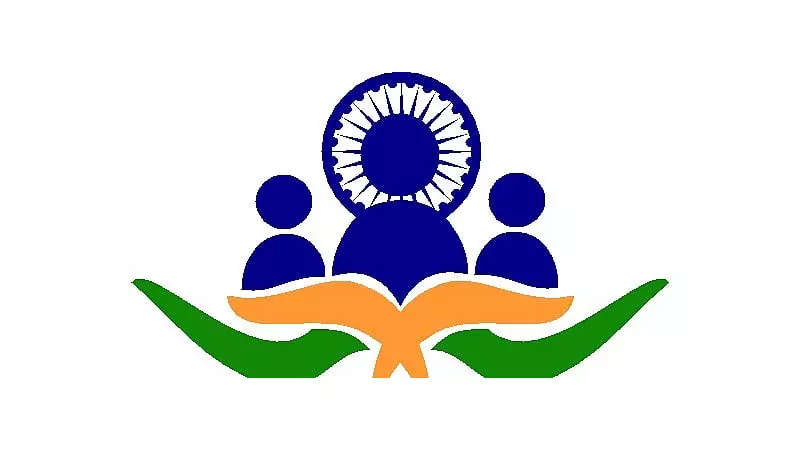
In a move that's raising eyebrows across bureaucratic circles, India's premier anti-corruption institution, the Lokpal, has initiated proceedings to acquire a fleet of seven luxury BMW vehicles with an estimated price tag of approximately ₹5 crore.
The anti-graft ombudsman has officially floated a tender seeking these high-end cars, marking one of the most significant vehicle procurement exercises by a government body recently. The substantial investment in premium automotive transport for the corruption watchdog comes at a time when government spending and austerity measures are under public scrutiny.
Specifications and Requirements
The tender document outlines specific requirements for the luxury vehicles, emphasizing the need for BMW models that meet particular performance and comfort standards. The procurement process follows standard government tender protocols, inviting bids from authorized dealers and suppliers capable of fulfilling this substantial order.
Budget Allocation and Justification
With the total valuation approaching ₹5 crore for the seven vehicles, each unit would average around ₹71 lakh, positioning them in the premium segment of the automotive market. This procurement raises questions about the transportation needs of the anti-corruption body and whether such luxury vehicles are essential for its operational requirements.
The Lokpal, established as India's apex institution to address corruption complaints against public officials, now finds itself at the center of discussions about appropriate spending standards for government institutions.
Public Reaction and Transparency
This development has sparked mixed reactions from governance experts and transparency advocates. While some argue that high-ranking institutions require reliable and secure transportation, others question the necessity of investing in luxury German automobiles when more economical options exist.
The tender process comes with expectations of complete transparency, given the Lokpal's mandate to ensure accountability in public administration. Observers will be closely monitoring how the procurement aligns with the institution's anti-corruption mission and public expectations.
As the bidding process moves forward, this procurement decision continues to generate significant discussion about the balance between operational requirements and fiscal responsibility in government institutions.





